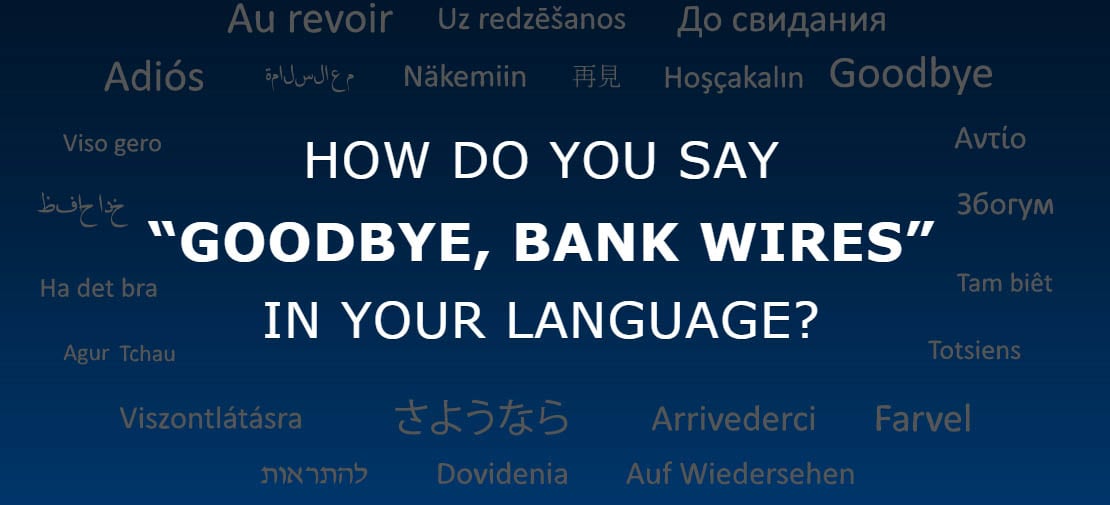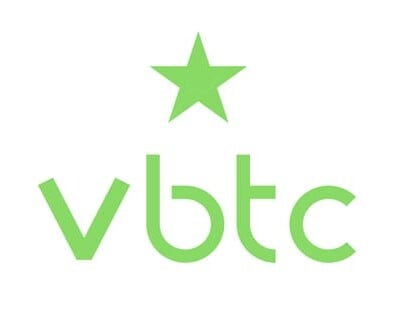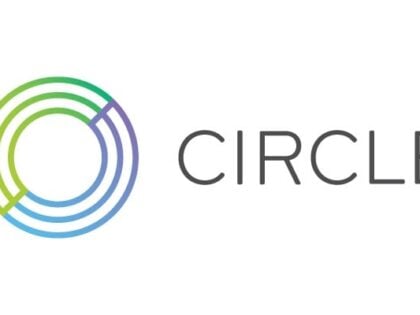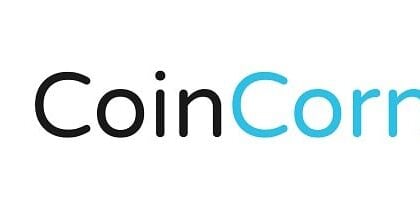
San Francisco-based startup Align Commerce is a payment service provider that wants to tackle the hurdles that traditionally plague international transactions, from delays to high-fees, using the Blockchain technology. Their services include both cross currency invoicing and cross currency payment gateways for eCommerce.
This is the latest in a series of startups that aim to disrupt the technological landscape through focus on the underlying Blockchain technology rather than cryptocurrency itself and today they’ve launched their public beta in 34 countries. CEO Marwan Forzley had this to say about the current state of international payment providers:
“The $24 trillion cross-border payments market is growing at a breakneck pace, expected to eclipse $54 trillion by 2022, despite a highly inefficient and expensive system in which businesses spend over $50 billion on wire and foreign exchange fees, wait up to seven days for transactions to complete, and have no visibility into the process. The Blockchain offers a ready alternative. The Align Commerce payments platform is the first in the industry to use this global rail to help small and medium-sized businesses quickly collect and receive payments in their local currency while avoiding high wire fees and various hidden fees.”
Not only does the Blockchain allow for international transactions to clear faster than ever before, but it also provides a built-in, un-tamperable, record which brings transparency to the system thereby dissuading money laundering operations. All of this along with real time tracking so users won’t be left with their pockets empty while they wait arbitrary amounts of time for payments to clear.
HOW IT USES THE BLOCKCHAIN
Essentially, Align Commerce acts as a one-for-all stop between Bitcoin exchanges for its users. Let’s outline how:
- User A sends a payment in whichever currency he uses.
- Align Commerce converts this order to Bitcoins through the exchange which offers the best rates.
- The payment is sent to User B’s exchange, where it’s once again converted, this time to User B’s local currency.
- Align Commerce makes a deposit into Users B’s bank.
*At any point during this process, customers can check on the status of their transactions and their estimated completion times.
In this manner, the service allows small or medium-sized businesses to make payments in a timely fashion through Bitcoins and the Blockchain, without ever having to touch either directly. Someone could be a regular user and yet not know how the underlying system works, which opens up the company’s reach far beyond the regular tech-savvy Bitcoin user base.
In order to make this a reality, Align Commerce is looking for partnerships throughout the globe with both banks and exchanges to make the process seamless. Hence their limited launch.
ON ANONIMITY
On the topic of anonymity, which is always at the forefront when dealing with crypto-currency, Align Commerce plans to implement identification and verification processes since the service is aimed more at businesses than individuals.
CEO Forzley had this to say:
“There will be regulation. You will need to run know your customer and anti-money laundering regulation. You need to run risk management and you need to have a business and you need to make money.”
ABOUT THE COMPANY
Founder and CEO Marwan Forzley has a track record in companies related to payment services. Before moving on to Align Commerce, he founded and later sold the eBillMe service, to Western Union. The service allowed shoppers to pay at eCommerce sites directly from their bank accounts and counted with giants such as Sears, Tiger Direct and Kmart amongst its customers.
The Align Commerce beta is open and fully available only in the following countries: Austria, Belgium, China, Cyprus, Estonia, France, Germany, Greece, Hong Kong, Ireland, Italy, Latvia, Lithuania, Luxembourg, Malta, Netherlands, Philippines, Portugal, Slovakia, Slovenia, Spain and the United States. Meanwhile users located in the following list may receive but not yet send funds: Bulgaria, Canada, Croatia, Czech Republic, Denmark, Hungary, Mexico, Poland, Romania, Sweden and the United Kingdom.







